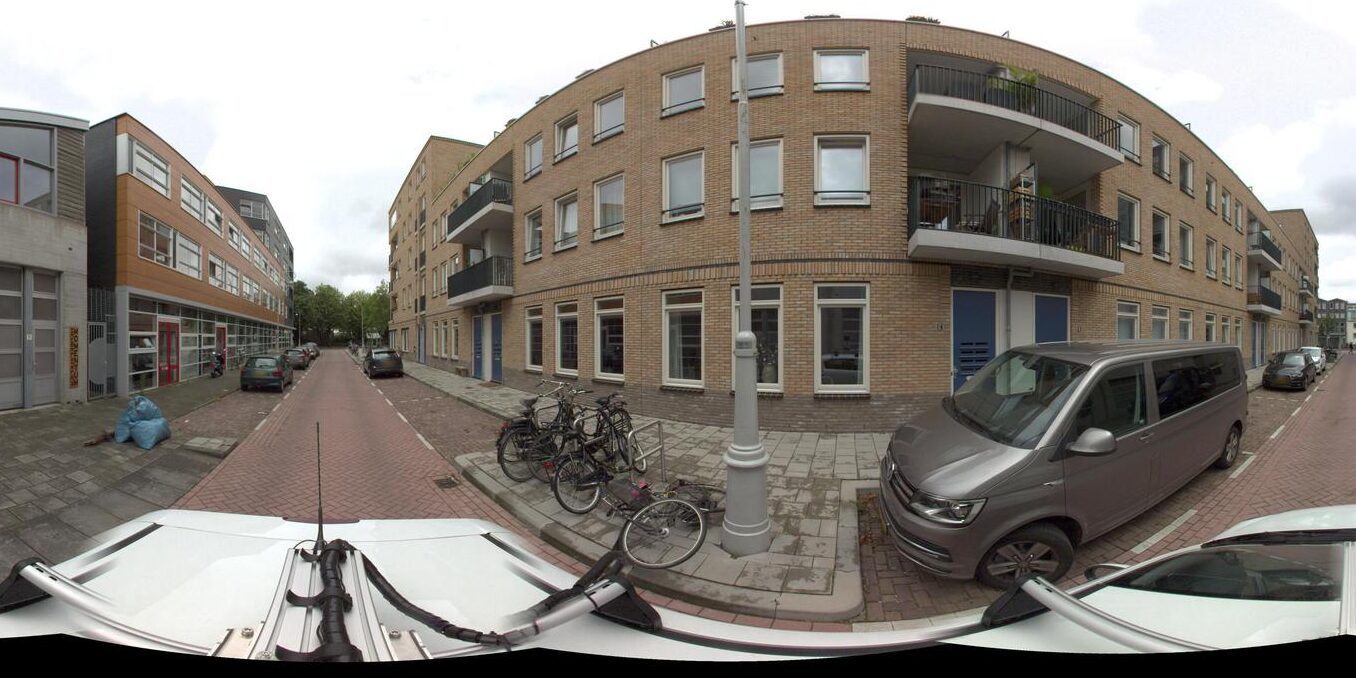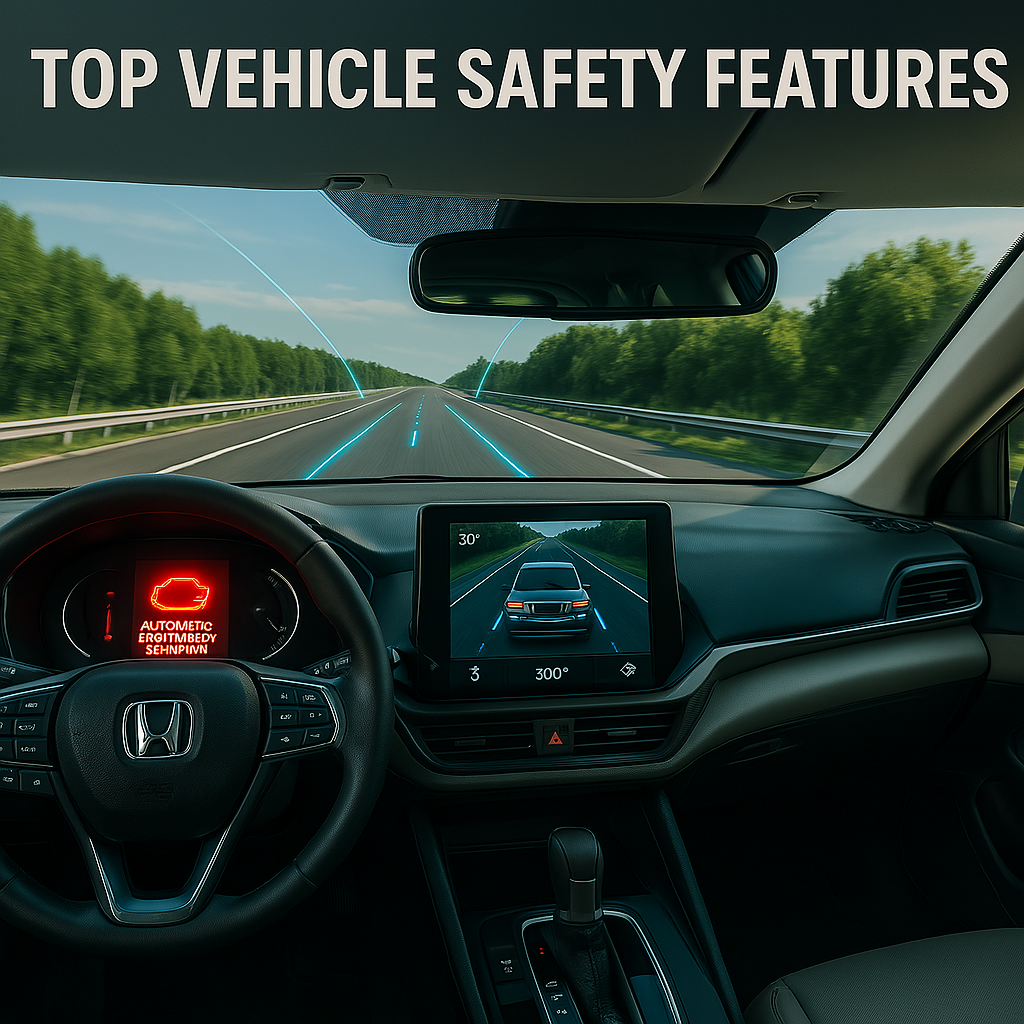1- Introduction
🚗 In 2025, vehicle safety is no longer limited to seatbelts and airbags, Today’s cars are smarter, faster to react, and packed with tech-driven features that prevent accidents before they happen, Whether you’re buying a family SUV or a sleek electric sedan, safety innovations are front and center.
🗂️ Table of Contents
2- Why 2025 Is a Breakthrough Year for Vehicle Safety
🧠 Automakers are investing more in safety than ever before, With AI, better sensors, and more regulations, 2025 marks a new chapter in crash prevention, driver assistance, and autonomous protection.
📈 The global push for zero traffic fatalities.
3- Automatic Emergency Braking (AEB)
🚨 Now standard in many 2025 models, AEB uses radar and cameras to detect collisions before they happen, If the driver doesn’t brake, the car will, This has helped reduce rear-end crashes by up to 50% in some studies.
🧪 AEB systems in 2025 are smarter and faster.
4- Blind Spot Monitoring and Rear Cross-Traffic Alert
👀 These features alert you to vehicles or pedestrians in hard-to-see areas, Rear cross-traffic alert warns you if traffic is approaching as you back out of parking spaces.
🛑 The latest blind spot tech doesn’t just beep.
5- Advanced Lane Keeping and Centering Systems
🚦 Unlike older lane assist systems, 2025 tech can gently keep your car centered even in mild curves without overcorrecting, These systems reduce side-swipes and help prevent fatigue on long drives.
📐 2025 systems use predictive algorithms.
6- Driver Monitoring Systems
🧑💻 In-cabin cameras now track eye movement and head position, If the driver looks away too long or appears drowsy, the system sounds an alert and may even slow the car down.
😴 Drowsy or distracted driving is a leading cause.
7- 360-Degree Cameras and Smart Parking Assistance
📷 Surround-view cameras now come with AI-powered guidance, highlighting safe zones and stopping the car automatically if an obstacle appears, These tools simplify tight urban parking and improve safety in driveways.
🔄 Today’s 360-degree camera views combine.

8- Adaptive Cruise Control with Stop-and-Go Functionality
🛣️ ACC has improved dramatically, maintaining distance from vehicles ahead and adjusting speed smoothly in traffic, Many systems now support full stop-and-go operation in city conditions.
🛑 In congested city traffic, stop-and-go adaptive cruise control.
9- Road Sign Recognition and Speed Assist
Front cameras detect speed signs and display them on your dashboard, Some cars also suggest or automatically adjust speed to match the posted limit.
📷 The tech can now recognize variable speed limits.
10- Integrated Night Vision and Pedestrian Detection
🌙 Thermal cameras and infrared sensors detect humans or animals beyond the reach of headlights especially useful in rural or dark roads, Pedestrian detection systems can brake the vehicle instantly.
🌌 Unlike headlights, night vision sensors can spot.
11- Crash-Avoidance AI and Predictive Safety Tech
⚙️ AI can now predict driver intent and dangerous behavior before it escalates, New systems learn from your habits and anticipate risky moves from other drivers intervening when needed.
🤖 2025 crash-prevention systems use cloud data.
12- Over-the-Air Safety Updates and Connectivity
📡 Cars in 2025 receive live software updates that fix bugs or improve sensor accuracy, Manufacturers can push upgrades to safety systems instantly, without a trip to the dealership.
🔄 Cars are now updated like smartphones.
13- Final Thoughts
✅ Vehicle safety in 2025 is a blend of innovation, AI, and responsiveness, From braking for you to watching your blind spots and upgrading overnight, today’s vehicles are evolving to protect drivers like never before, Safety is no longer just about surviving a crash it’s about avoiding it entirely.
➡️ Learn how :
Lane Assist Systems: Helpful or Distracting?
📌 Internal Link :

